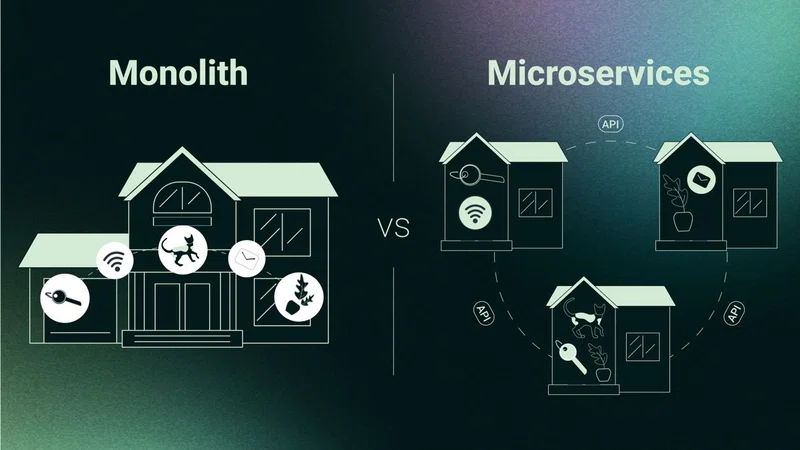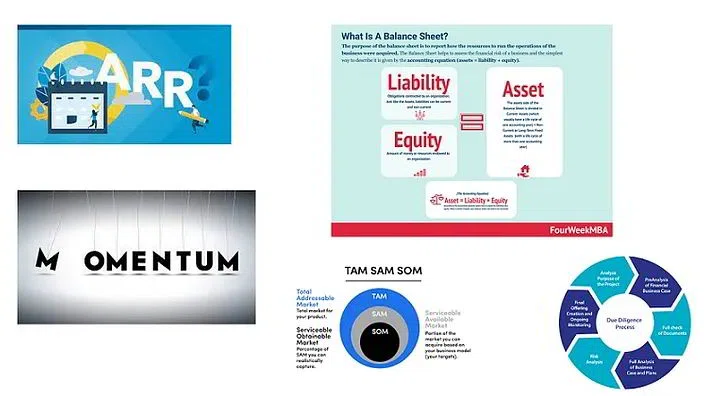Despite the UK narrowly avoiding a recession at the end of 2022 and the EU economy projected to avoid a recession in 2023, the economic outlook remains challenging. It’s therefore crucial that the financial services sector implements new technology to better support its customers and avoid falling foul of the regulator.
We sat down with Colin Brown, CEO at Aryza, to discuss how the next few years might look and the role of Open Finance.
How will Open Finance impact the sector?
With 10-11% of digitally-enabled consumers now estimated to be active users of at least one Open Banking service, up from 6 - 7% in March 2021, acceptance of Open Banking is certainly increasing. In fact, it’s predicted that over six million businesses and consumers have now used Open Banking.
The next step is Open Finance, and this is poised to further transform how the industry interacts with consumers. Allowing third parties to access a broader range of customer data from savings accounts and mortgages, to investments and pensions, Open Finance provides greater insight and can allow for an even more personalised approach to be taken.
Large institutions are already realising the benefits and reaping the rewards. It’s time for small and medium sized businesses to do the same.
Are consumers ready to trust Open Finance?
Well versed in sharing everything from their location and pictures, to favourite music and their daily routine online, Generation Z and Generation Alpha have grown up with cloud-based services and apps at their fingertips.
Because of this, younger consumers are - traditionally, far more open to the idea of sharing their banking and other personal finance data digitally, trusting that this information will remain secure. It’s important that the industry works to build this trust across all generations, some of which may still be wary.
Specialist software enables the secure management of data and personal information, helping businesses to build this trust. With data from banks, lenders and other organisations collated within a single system, both consumers and businesses can better understand the options available to them. Whether this is a payment break or amending a repayment plan, deciding on the most suitable next steps will be more straightforward. With many facing real financial challenges, this will become even more important in the coming years.
How can Open Finance be used to support consumers during the ongoing cost of living crisis?
There is certainly a growing requirement for the sector to better support consumers. In the UK, the introduction of the Consumer Duty regulation, which comes into force in July, is set to outline clearer and high standards of consumer protection. In other countries, we are seeing a similar situation with regulators emphasising the need for good quality consumer support and guidance.
As part of the new regulations, firms will be required to define, monitor and evidence the positive outcomes their customers are experiencing. However, without the right technology in place achieving this becomes near impossible.
There are already solutions that can collate Open Banking, Credit Bureau search information and other metrics to generate an accurate picture of a person’s finances, automatically suggesting the most appropriate course of action that is tailored to an individual’s circumstance. Looking ahead, we can expect to see Open Finance enhancing this even further, providing a more holistic view of a person’s financial health, as well as facilitating the transfer of funds and more personalised customer experiences.
Ultimately, this will ensure swift action can always be taken in the best interest of the consumer and prevent their debt from spiralling.










